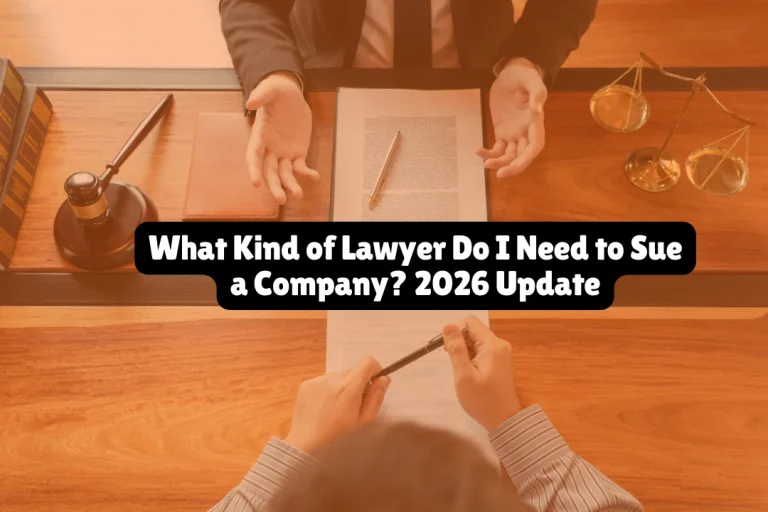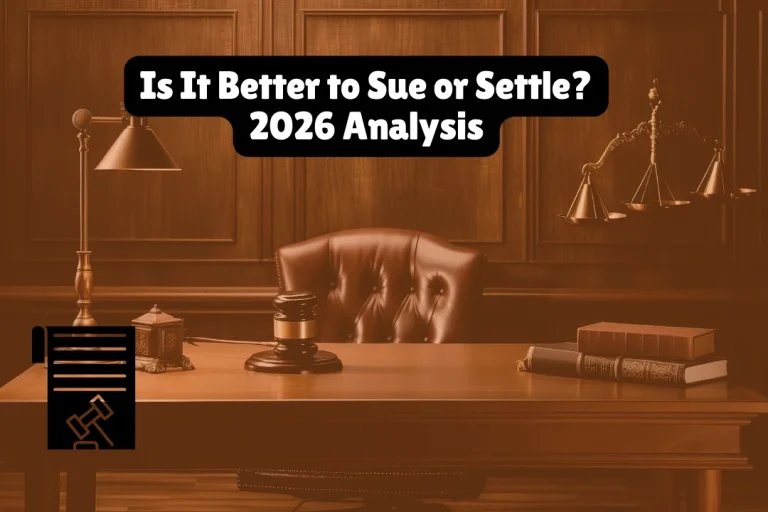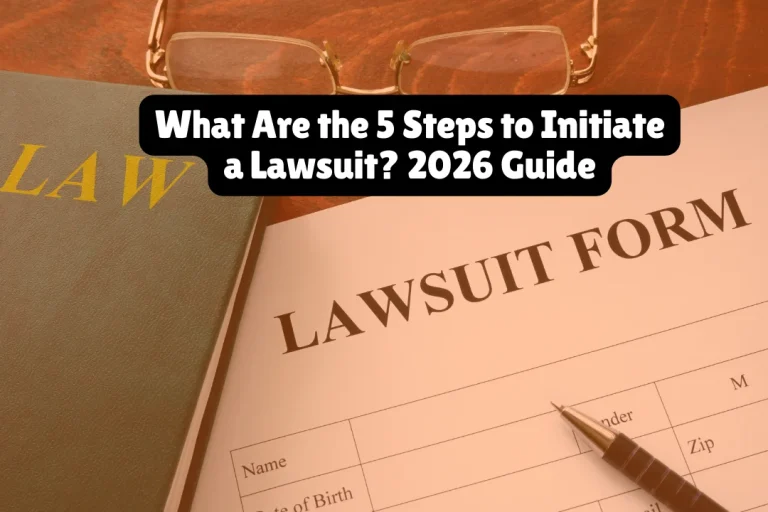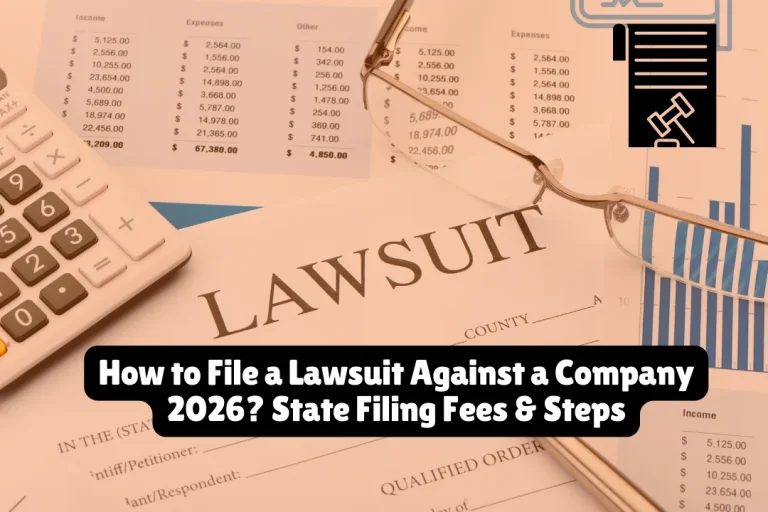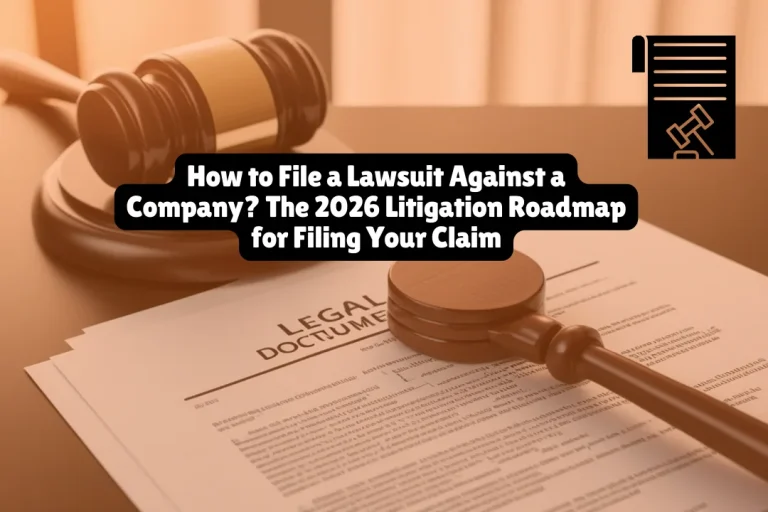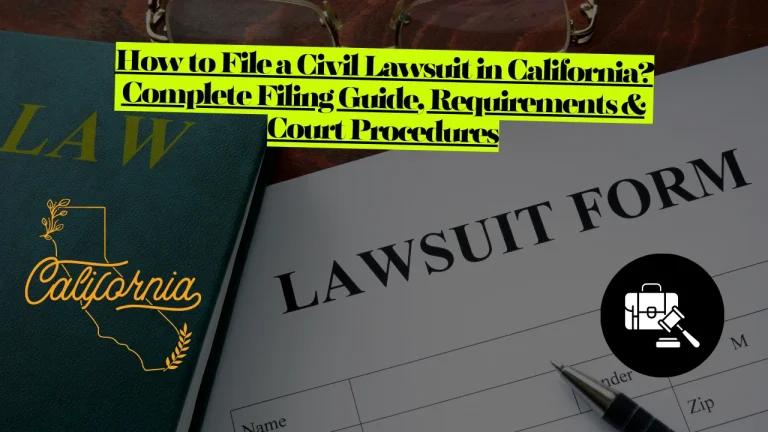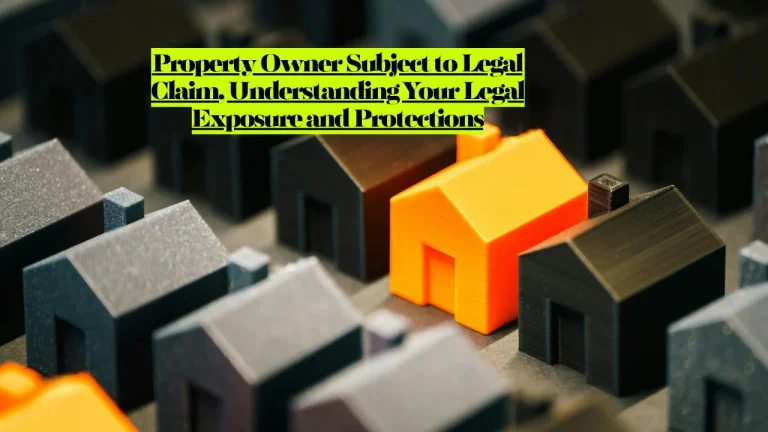How to Sue a Company for Unfair Treatment, A 2026 Legal Strategy
To sue a company for unfair treatment in 2026, you must prove that the “unfairness” was not just a personality conflict, but a violation of federal or state law—specifically illegal discrimination, retaliation, or a breach of contract. In the U.S., “unfairness” alone is rarely a cause of action; your case must be rooted in protected…


